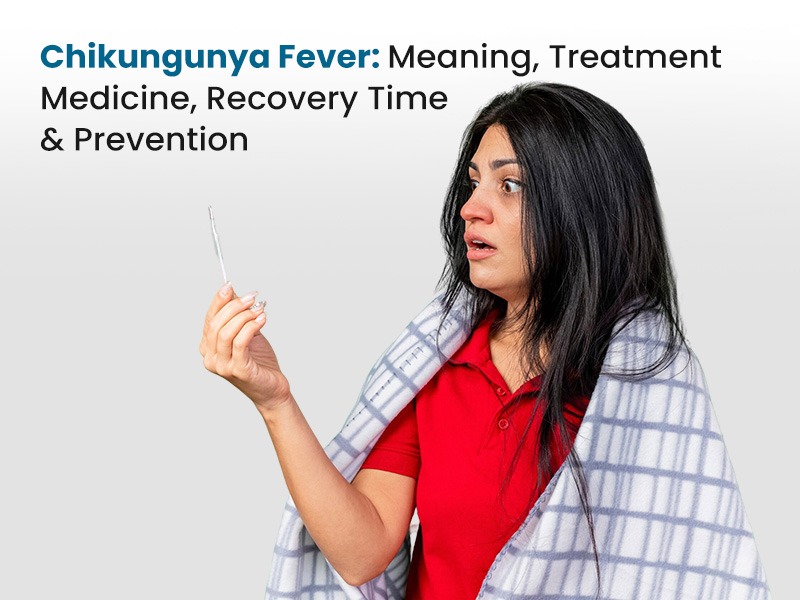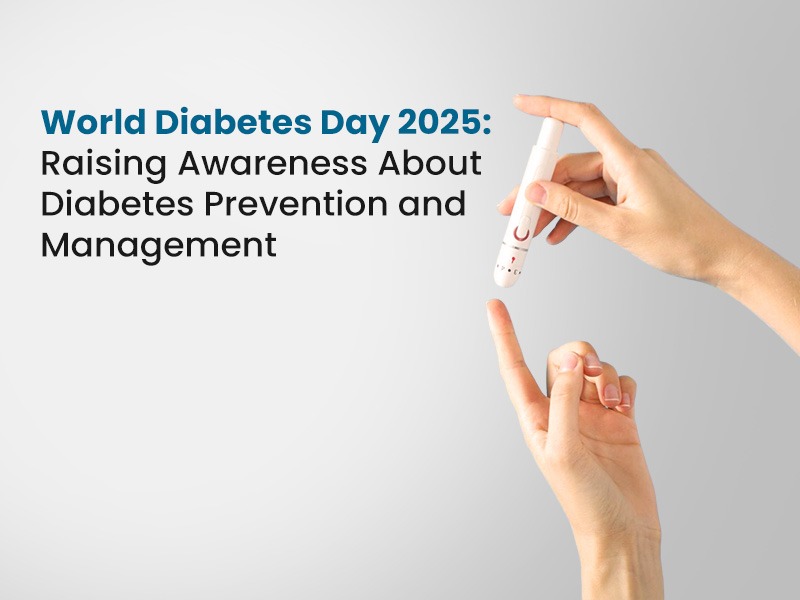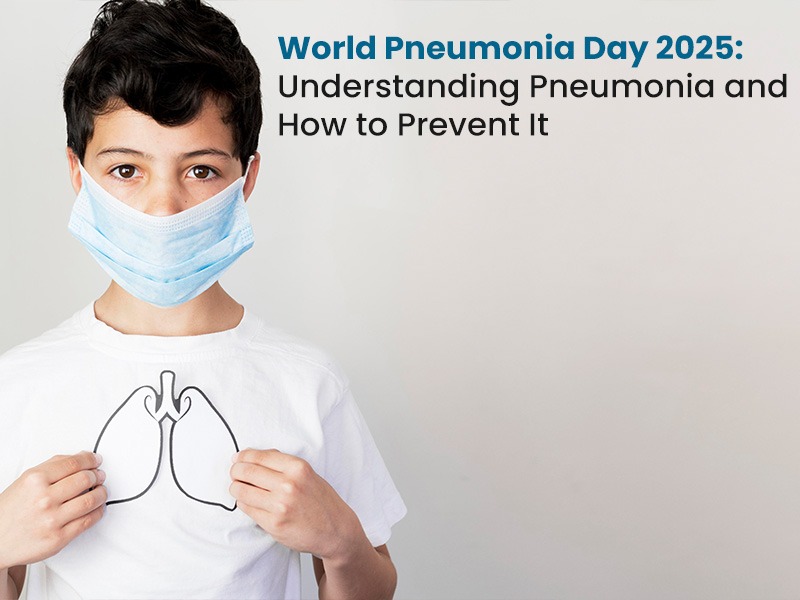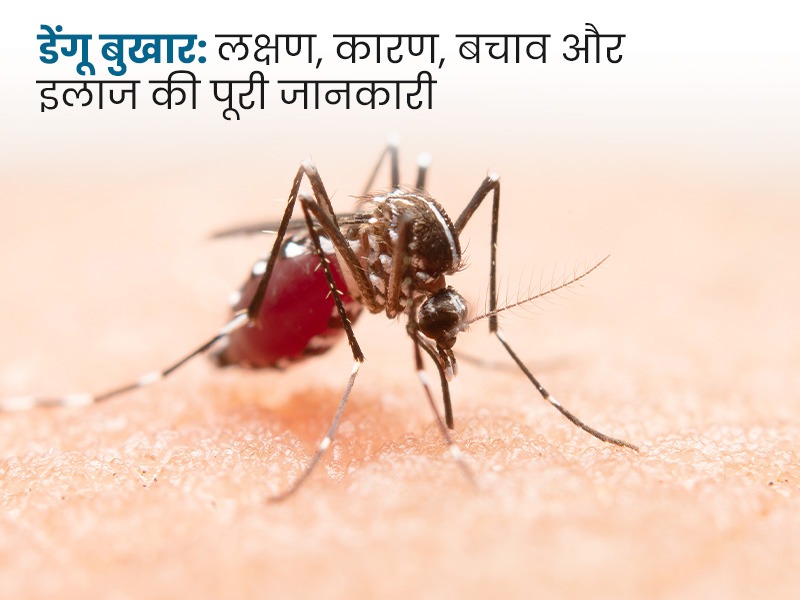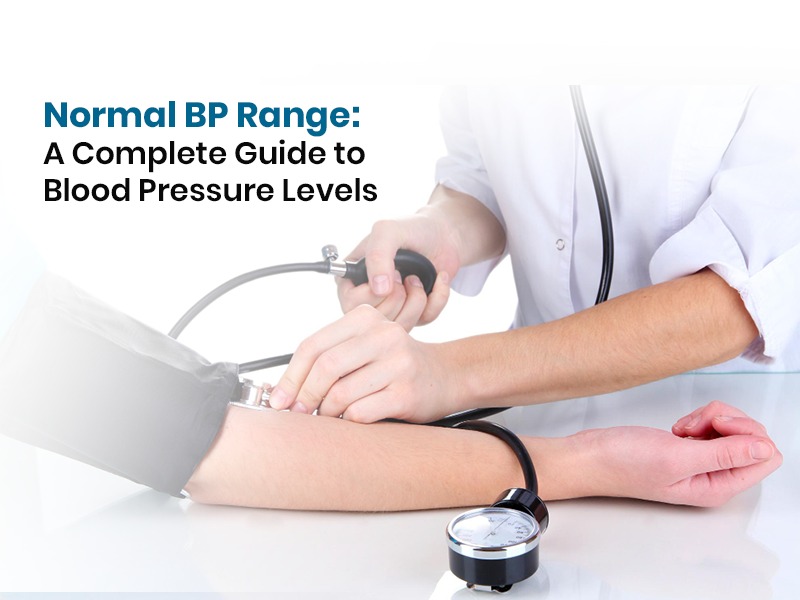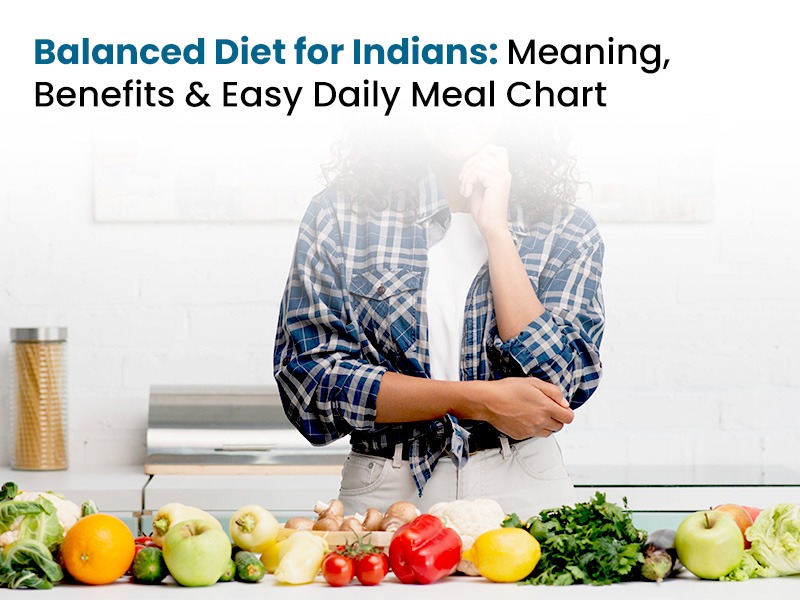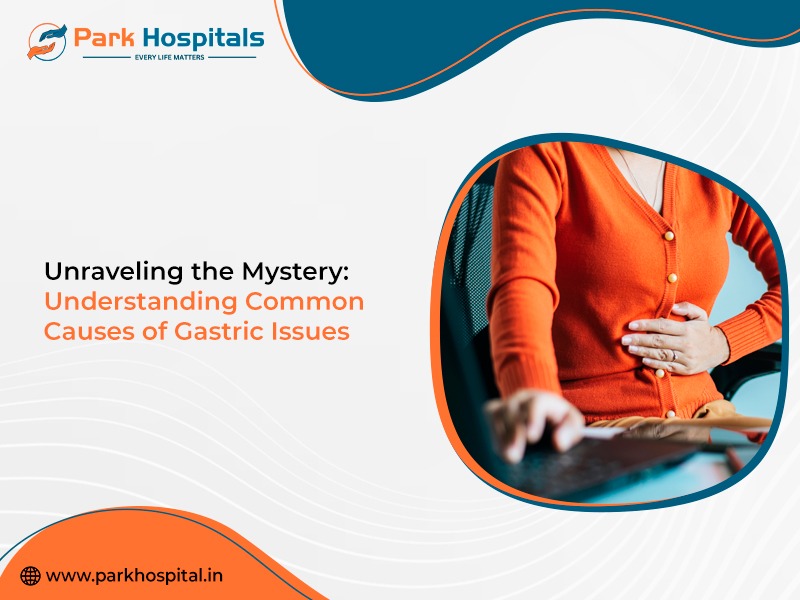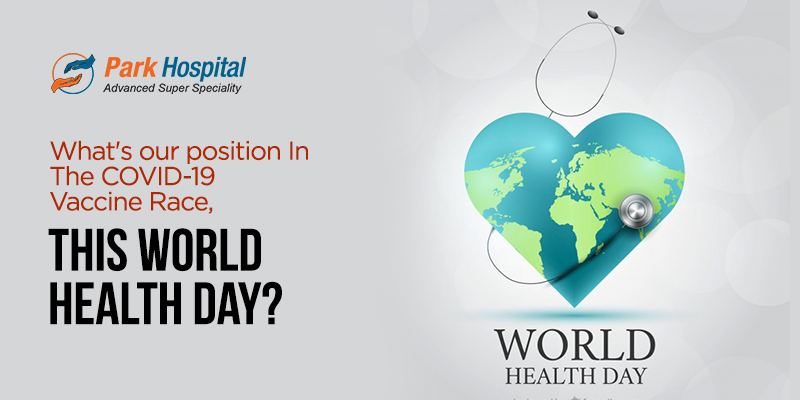It would be pretentious to say that anyone loves getting a full body checkup. There's no fanfare, no applause, no cake at the end. But here's the thing: it's worth it. Every single time.
But you may think of it like this: your body is quietly keeping you alive 24/7. The least you can do is give it a proper once-over now and then. Not because something feels wrong, but because you want to keep feeling right.
Now, before you roll your eyes and think, "I'm fine, I don't need this," stick around. This isn't about turning into a health fanatic. It's about knowing what's going on inside your own body, something we weirdly avoid, until it's too late.
In Your 20s: Start Early, Stay Ahead
You probably feel fine. Energy's good. Recovery's quick. You can eat whatever, skip sleep, bounce back. That's great, but it's also why people ignore health completely in their 20s.
Here's the thing: this is your chance to set a healthy baseline.
Maybe your B12 is a bit low. Maybe your thyroid's not as happy as it should be. Or maybe there might be issues in your skin, gut, or mood issues that have underlying reasons, but you (with your mindset of if you can't see it, it's not there) haven't even considered, but will surely be visible in the health checkup at Park Hospital.
Worth checking in your 20s:
Blood work (haemoglobin, vitamins, iron)
Thyroid function
Sugar and cholesterol (yes, even now)
Mental wellness screening
STI tests if relevant
A quick check now and then could help you dodge some long-term stuff before it even begins.
In Your 30s: Stress, Screens and Strange Pains
Well, here the work is serious, sleep is limited, and stress is casual. You feel older than your playlist, but younger than your responsibilities. And slowly, the body starts sending little signals of random tiredness, poor digestion, dull headaches, mood swings, etc.
The problem? You blame it all on being "busy."
This is when small things start stacking up. Cholesterol creeps up. Your body's recovery slows down. And if you've been neglecting movement, diet or sleep, it shows up in your blood reports before it shows up in symptoms.
What's helpful to check:
Lipid profile (keep an eye on your heart)
Blood sugar (especially if diabetes runs in the family)
Hormones, especially if periods are irregular or weight fluctuates a lot
Liver/kidney function
Vitamin D, B12 (fatigue's biggest suspects)
One morning of tests can answer questions you didn't even know you had.
In Your 40s: Don't Let Silent Things Slide.
By this age, your body kind of starts "struggling." Did you have an extra oily meal? It lets you know. Were you late from your normal sleeping time or schedule even for one night? You feel it for two days.
But more than that, this is when quiet issues start showing up: borderline sugar levels, slightly high BP, and minor cardiac risks. They don't yell. They whisper.
This is the stage where a checkup isn't about panic; it's about keeping tabs. Think of it as your health's Google Maps. It helps you see traffic ahead before you're stuck in it.
Things worth tracking:
Blood pressure, ECG, and basic heart tests
HbA1c (for long-term sugar tracking)
Kidney, liver, thyroid
Bone density, if you've got joint pain
Cancer screenings if your doctor advises
In Your 50s: Stay in the Driver's Seat
This is where checkups go from "nice to do" to "please don't skip." Not because you're fragile but because things can move fast if left unchecked.
You might feel fine. But things like prostate issues, menopause-related changes, or slow kidney function often develop with barely any symptoms. That's where a full-body test earns its keep.
What should be on your radar:
Cardiac health (ECG, stress test if advised)
Breast/prostate exams and scans
Liver, kidney, sugar, cholesterol, all of it
Eye and ear tests (especially if screens or noise are part of your life)
Bone strength and joint health
A once-a-year checkup isn't overkill. It's just being sensible.
60 and Beyond: Peace of Mind, Not Panic
Let's be real, nobody wants to go to the doctor more as they age. But staying consistent here for a medical checkup doesn't mean you're sick; it means you want to stay well.
At this stage, it's less about finding something wrong and more about feeling confident that things are on track. And if anything's off, it's usually way more manageable when caught early.
Worth looking into:
Heart and blood pressure
Kidney and liver function
Cognitive health (memory, focus, mood)
Cancer markers (if recommended by your doctor)
Eye checks, hearing tests, balance/mobility assessments
This is how you take care of yourself with clarity, not fear.
"But I Feel Fine. Do I Need This?"
Short answer? Yes. Feeling fine is great. But checkups aren't about fixing problems, they're about knowing what's going on.
It's the difference between driving with your headlights on vs. guessing your way in the dark.
And honestly, most of the time, checkups confirm that things are mostly okay with a few friendly reminders to move more, eat better, or drink water like you mean it.
"What If They Find Something?"
That question holds a lot of people back. But here's the truth: if there's something there, it's better to find it now.
Catching issues early isn't scary; it's smart. It usually means simpler treatment, less stress, and better outcomes. Waiting doesn't make it go away. It just gives it time to get worse.
Make It Normal, Not a Big Deal
Think of preventive health screening like you think of changing your passwords or cleaning out your inbox. Annoying, yes. But helpful? Absolutely.
Make it once a year. Book it during your birthday month. Go for breakfast after. Whatever works. Just don't let it become something you only do when your body starts shouting.
How to Make the Most of Your Full Body Checkup
Also Read: Normal BP Range: A Complete Guide to Blood Pressure Levels
FAQs
1. What is a full body checkup?
A full body checkup is a comprehensive health assessment that includes blood tests, imaging, and organ function evaluations. It helps detect early signs of diseases, nutritional imbalances, or chronic conditions.
2. At what age should I start getting full body checkups?
You can start in your early 20s if there's a family history of illness or specific risk factors. Otherwise, most people begin routine annual checkups from age 30 onwards.
3. How often should I get a full body checkup?
Annually, if you're above 30 or have risk factors like diabetes, hypertension, or obesity. If you're younger and healthy, once every 2–3 years is usually enough.
4. What tests are included in a full body health checkup?
Common tests include CBC, lipid profile, liver and kidney function tests, blood sugar, thyroid profile, ECG, chest X-ray, abdominal ultrasound, and sometimes vitamin D/B12 and urine analysis.
5. Can full body checkups prevent major diseases?
They can't prevent diseases directly but help detect early changes before symptoms appear, which allows for timely intervention and better outcomes.


